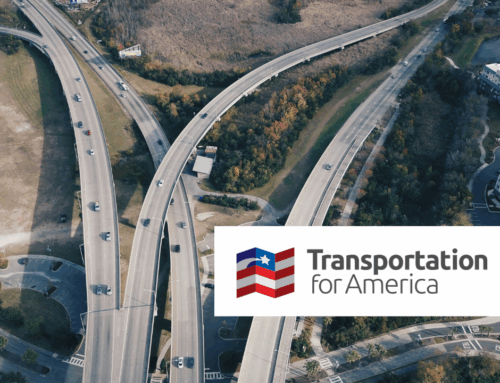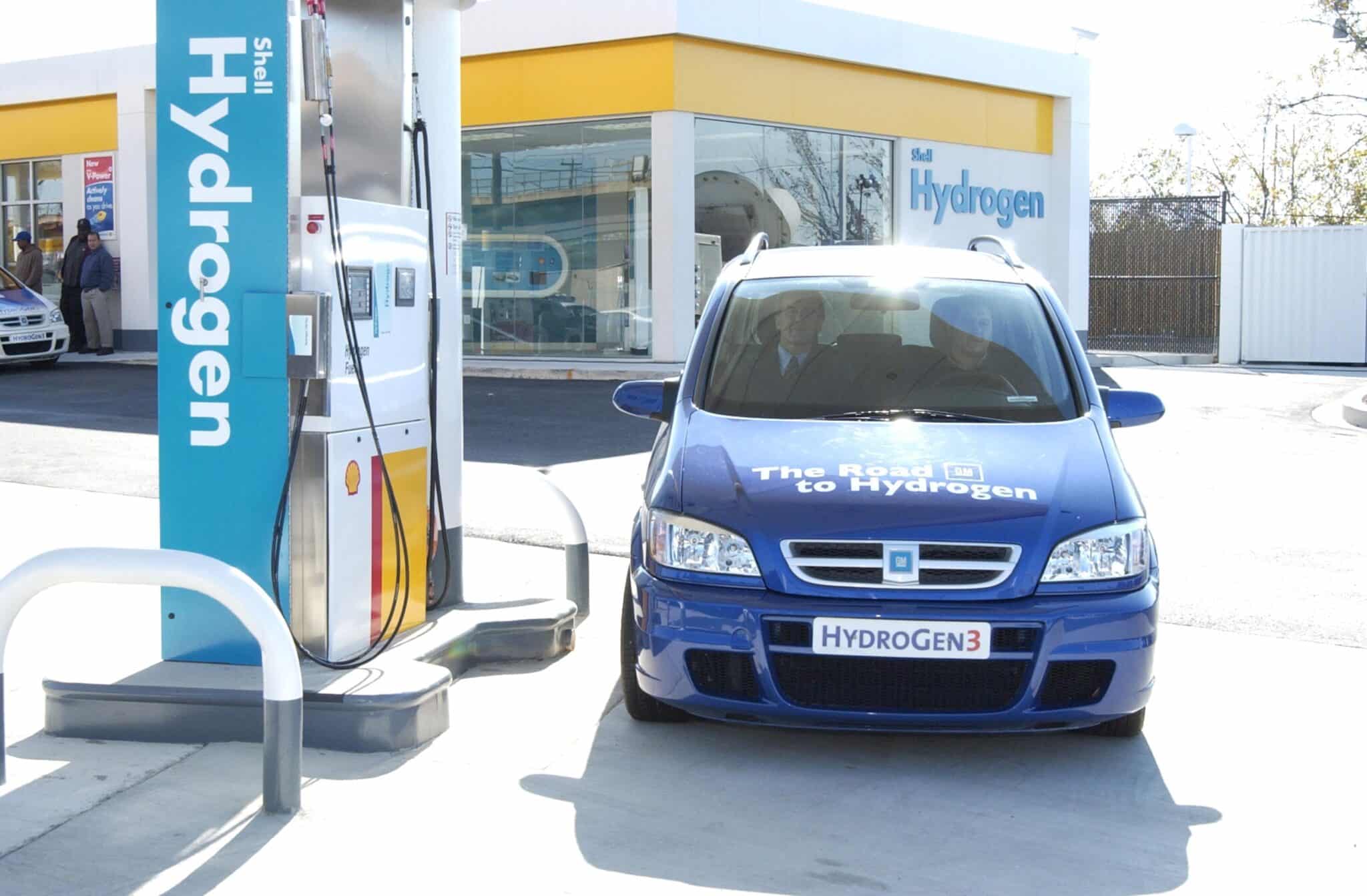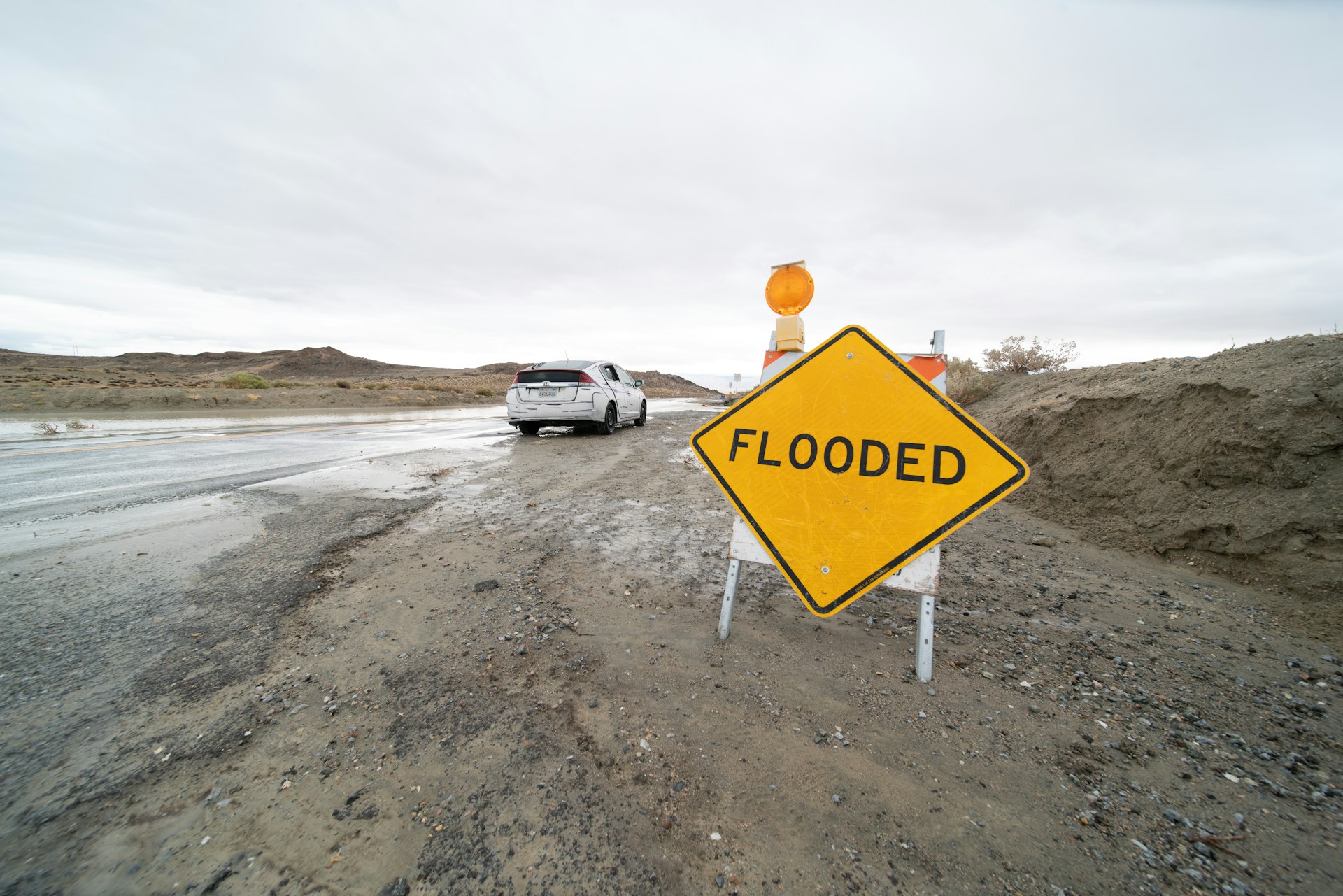Washington, DC – A new report by Taxpayers for Common Sense (TCS) finds that Pennsylvania and the nation are facing hundreds of billions of dollars in costs to repair crumbling water infrastructure. While all Americans agree on the need for safe, secure drinking and wastewater infrastructure, the conventional methods of maintaining water systems will leave Pennsylvania with billions of dollars in costs which the state cannot afford.
Banking on the Future: Investing in Smart Water Strategies for Pennsylvania and the Nation, offers a comprehensive set of solutions to meet this coming challenge. The report provides a road map for Pennsylvania and the nation as they come to grips with their aging water infrastructure, by proposing smarter, cheaper measures that will reduce total costs while achieving greater benefits.
“America’s water systems are in decay. We are facing a shortfall of hundreds of billions of dollars to meet water infrastructure needs,” said Autumn Hanna, the report’s author and Program Director at Taxpayers for Common Sense. “Banking on the Future offers a set of innovative, practical solutions to deal with this coming infrastructure crisis without breaking the bank.”
Banking on the Future details how Pennsylvania and the nation can address the current fiscal crunch by implementing a new “smart water strategy”: a menu of cost-effective solutions that emphasize better coordination between local, state and federal government agencies and more innovative approaches to water management.
“Smart water strategy draws on a wide range of new innovations and high-tech measures,” stated Hanna. “These enable a smarter, less expensive approach to providing water services for our towns and cities. The good news is that if we use these tools effectively, we can reduce the total liabilities to rebuild America’s water infrastructure by billions of dollars.”
The report focuses on southeastern Pennsylvania, a diverse region where communities are experiencing the negative impacts of aging and inadequate water systems. The area is struggling with population loss in inner Philadelphia, which is draining the city of its ratepayers, and fast growth in its outer suburbs, which is forcing water planners to expand their services at a rapid pace. Banking on the Future provides cost-effective solutions to meet these challenges. The report’s recommendations can be used in Philadelphia and Phoenix, in historic urban areas and in sprawling suburbs.
Smart water strategy is a comprehensive approach that manages the three main residential water services – wastewater treatment, drinking water decontamination, and stormwater control – as interrelated services. Smart water strategy is a cost-effective investment for communities because it minimizes construction of cumbersome infrastructure that is expensive to maintain and likely to wear out in a few decades. The other key component of smart water strategy is a commitment to better management at the watershed level. By placing a strong emphasis on inter-agency cooperation and coordination, smart water strategy reduces the cost of water management by avoiding the internal conflicts and “turf wars” that too often plague the government.
Hanna continued “that whether forced by circumstance or motivated by common sense, states, municipalities and the federal government are beginning to move beyond traditional water solutions in favor of smaller scale, more flexible proposals. Banking on the Future draws from these experiences to provide a menu of cost-effective solutions for communities.”
“The future is here, and Banking on the Future gives us direction to move forward,” concluded Hanna. “This report adds to the growing dialogue over cost-effective water management; furthermore, it can serve as a tool for communities as they begin the lengthy process of upgrading their systems. Banking on the Future is a cornerstone of the growing effort to bring long-term solutions that benefit taxpayers and water users alike.”
Contact: Keith Ashdown
(202) 546-8500 x110










